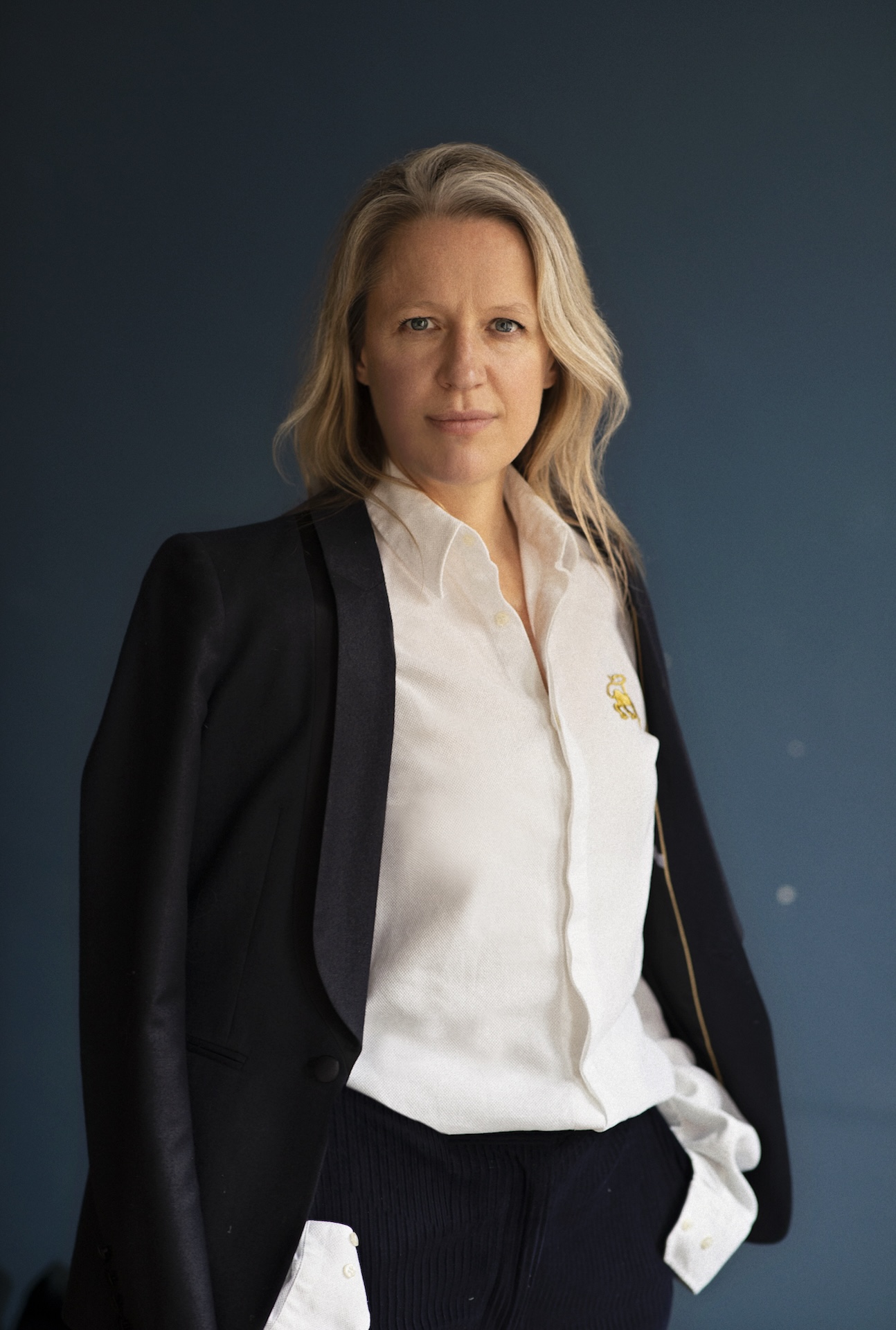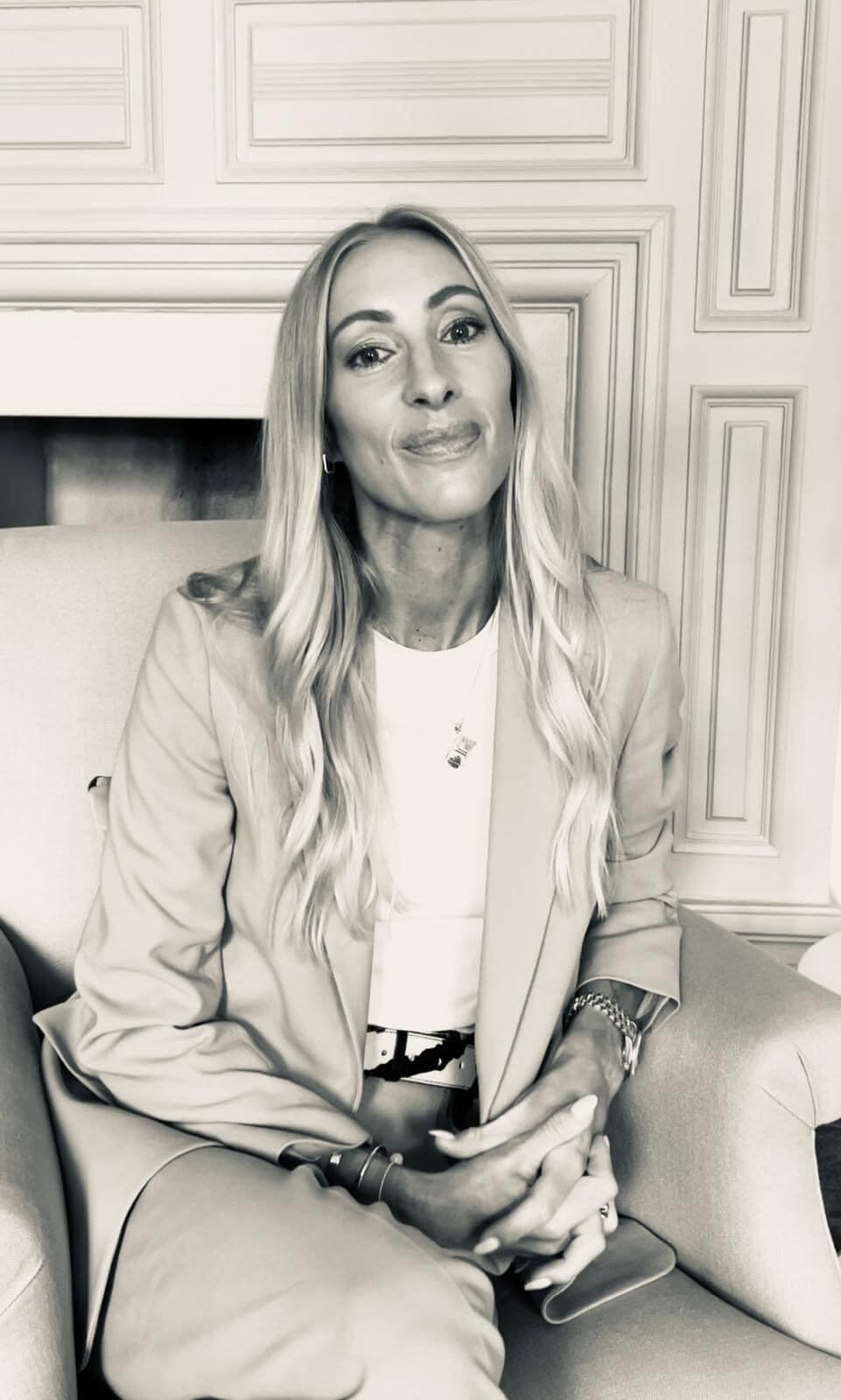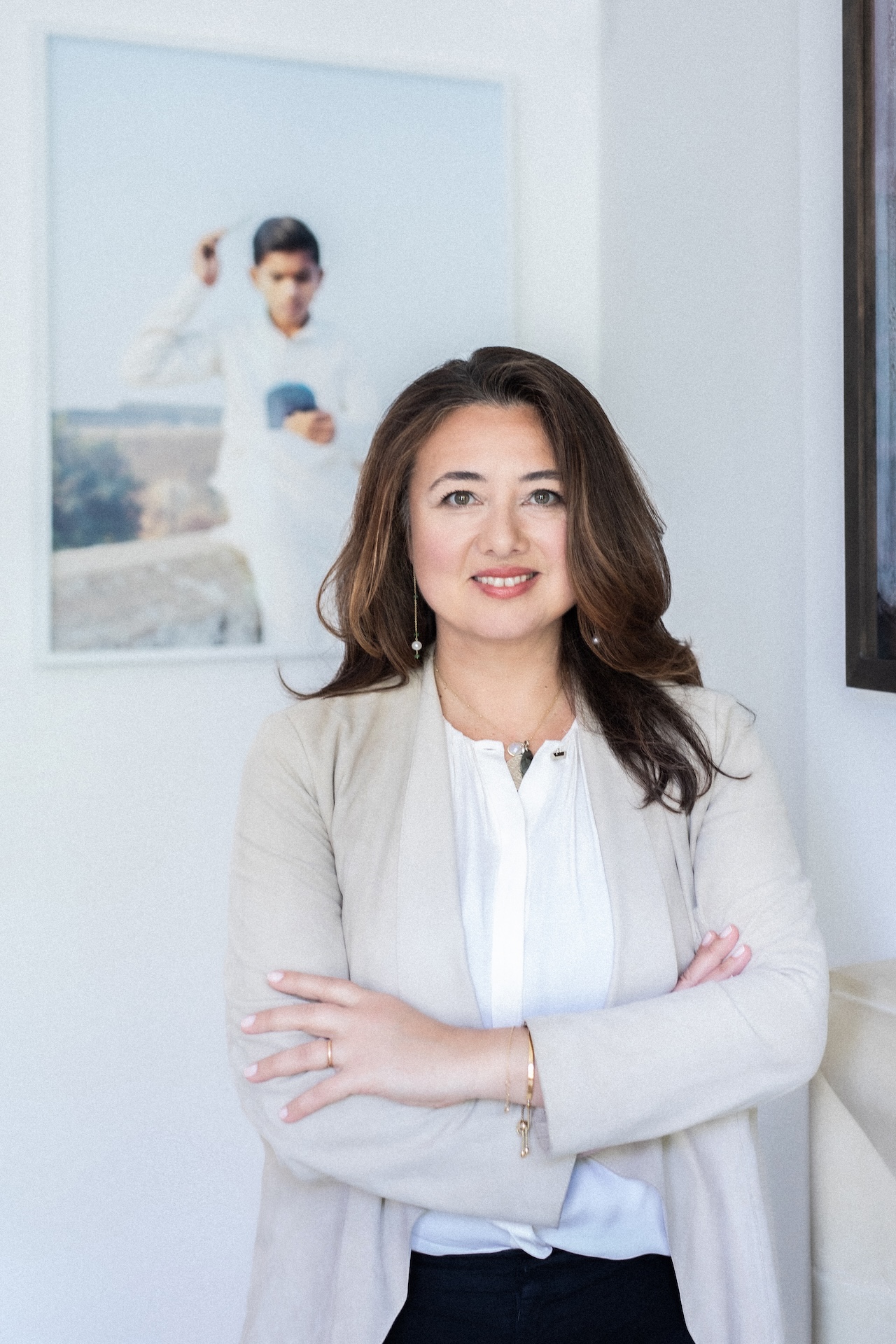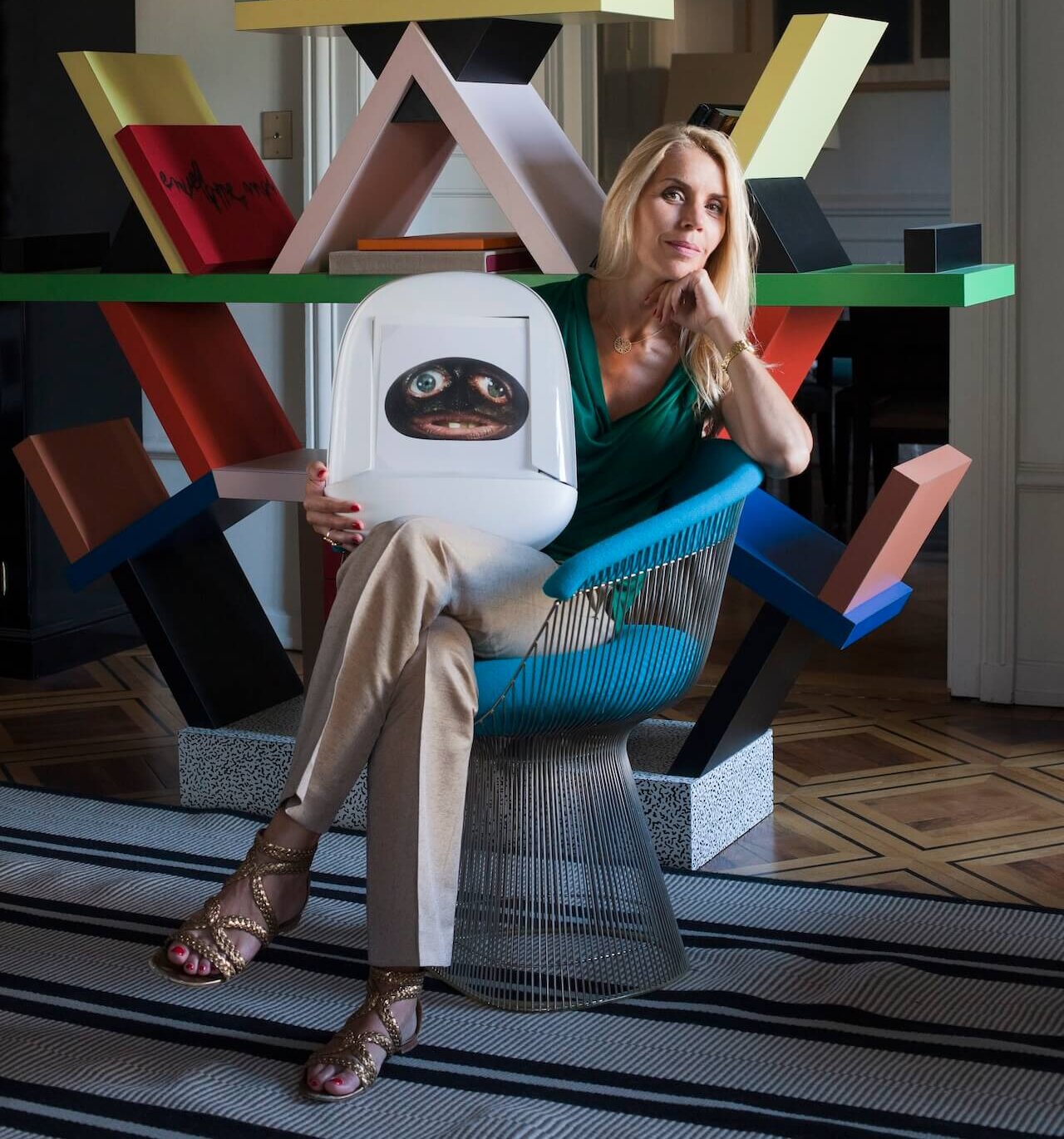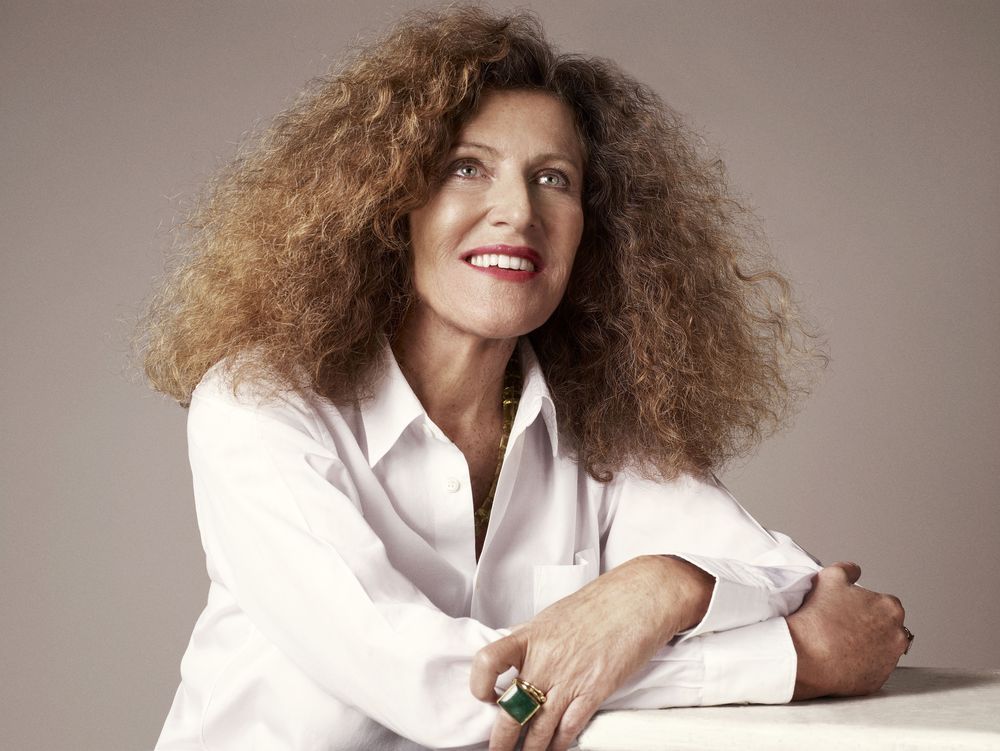

Interview Sculptor and Former Fashion Designer, Nicole Farhi, CBE
THE WICK: Nicole, you built an immensely successful career in fashion before taking up sculpture in the 1980s; how was it for you to juggle the two in those early years? At what point did you realise you wanted to focus on sculpture?
Nicole Farhi: I loved my work as a fashion designer and enjoyed making clothes for men and women. I also enjoyed very much having a Home store and being able to design glasses, plates, cushions, bed linens. I loved as a designer to be able to touch so many things. The only thing that I was missing was making things not to sell them but simply to express my feelings, my moods, my happiness or my discontent. So I started sculpting. It was at the beginning of the 80’s.
TW: The process behind some of your works is complex and lengthy – such as your series “Womanhood”. How did you create that work? Why did you want to work with fragments of female bodies?
NF: I don’t mind lengthy and complicated processes, I have all the time in the world to do my work. “Womankind’” is a series about love, tenderness and the power of the touch. To hold and be held. I had 2 models sitting for a couple of photographic sessions. When I felt I had the poses that I needed to express all the feelings I wished, I would then work on the photographs, cropping them to find the exact place that expressed what I wanted to say. The girls came back, I then cast only part of the pose. That fragment expresses in a much stronger way what I want to transmit. It is like looking in a magnifying glass. I believe my sculptures to be more telling by focussing on the isolated part.
TW: How does working in fashion compare with working in the art world?
NF: I am not sure I am part of the art world. But I was certainly very much a part of the fashion world. The art world is a very closed world. You are not part of it easily.
TW: How did meeting and being mentored by Eduardo Paolozzi impact your life and work?
NF:
I met Eduardo Paolozzi when casting my first bronze at the Royal College Foundry. He liked what I was doing and became my mentor and my friend. Eduardo was a great teacher, he never condemned a piece of work you had been doing. He was always ready to consider your work as being unique and therefore of value and interest. He believed I had it in me to become a sculptor and it is always in my mind never to disappoint him.
“The only thing that I was missing was making things not to sell them but simply to express my feelings, my moods, my happiness or my discontent.”







